Water Funds use a “payments for ecosystem services” approach to incentivise watershed protection and reforestation. As of March 2020, The Nature Conservancy (TNC) had 29 water funds in operation across Asia and Latin America and another 30 under way in developing countries. The funds are currently financing more than 7 million acres of watersheds and securing drinking water for 50 million people.
The Upper Tana-Nairobi Water Fund was the first of its kind in Africa. 50percent of Nairobi's hydropower and 95percent of Nairobi’s residents depend on the Tana River for water. However, water quality is compromised due to high levels of sediment runoff driven by upstream land conversions of forestry and wetland areas to agriculture by rural communities. As a result, 60percent of Nairobi’s citizens do not have access to a stable water supply. The fund addresses the issue by providing payments to the communities around the Tana River who implement forestry and farming practices that reduce land conversion and soil erosion and improve the overall health of the river.177,178
Investors in the fund include the Kenyan Electricity Generating Company (KenGen), Coca Cola and the Global Environment Facility. The International Fund for Agriculture (IFAD) is acting as the implementing agency.179 The fund trains nearly 15,000 farmers in practices such as agroforestry, resilient agriculture, and riverbank buffer zone building. The training has resulted in improved crop yields, providing additional income for rural communities.180 Research carried out for the fund showed that a $10 million investment in water fund-led conservation could return $21.5 million in economic benefits over 30 years.181,182
177 Assan Ng’ombe, and Julia Turner. 2019. ‘People, Health and Nature: A Sub-Saharan African Transformation Agenda’. London: Food and Land Use Coalition. https://www.foodandlandusecoalition.org/wp-content/uploads/2019/09/FOLU-SubSaharanAfrica_EnglishFullReport.pdf.
178 Assan Ng’ombe, and Julia Turner. 2019. ‘People, Health and Nature: A Sub-Saharan African Transformation Agenda’. London: Food and Land Use Coalition. https://www.foodandlandusecoalition.org/wp-content/uploads/2019/09/FOLU-SubSaharanAfrica_EnglishFullReport.pdf.
179 ‘The Upper Tana-Nairobi Water Fund’. n.d. The Nature Conservancy. https://www.nature.org/en-us/about-us/where-we-work/africa/stories-in-africa/nairobi-water-fund/.
180 Assan Ng’ombe, and Julia Turner. 2019. ‘People, Health and Nature: A Sub-Saharan African Transformation Agenda’. London: Food and Land Use Coalition. https://www.foodandlandusecoalition.org/wp-content/uploads/2019/09/FOLU-SubSaharanAfrica_EnglishFullReport.pdf.
181 ‘The Upper Tana-Nairobi Water Fund’. n.d. The Nature Conservancy. https://www.nature.org/en-us/about-us/where-we-work/africa/stories-in-africa/nairobi-water-fund/.
182 Assan Ng’ombe, and Julia Turner. 2019. ‘People, Health and Nature: A Sub-Saharan African Transformation Agenda’. London: Food and Land Use Coalition. https://www.foodandlandusecoalition.org/wp-content/uploads/2019/09/FOLU-SubSaharanAfrica_EnglishFullReport.pdf.

